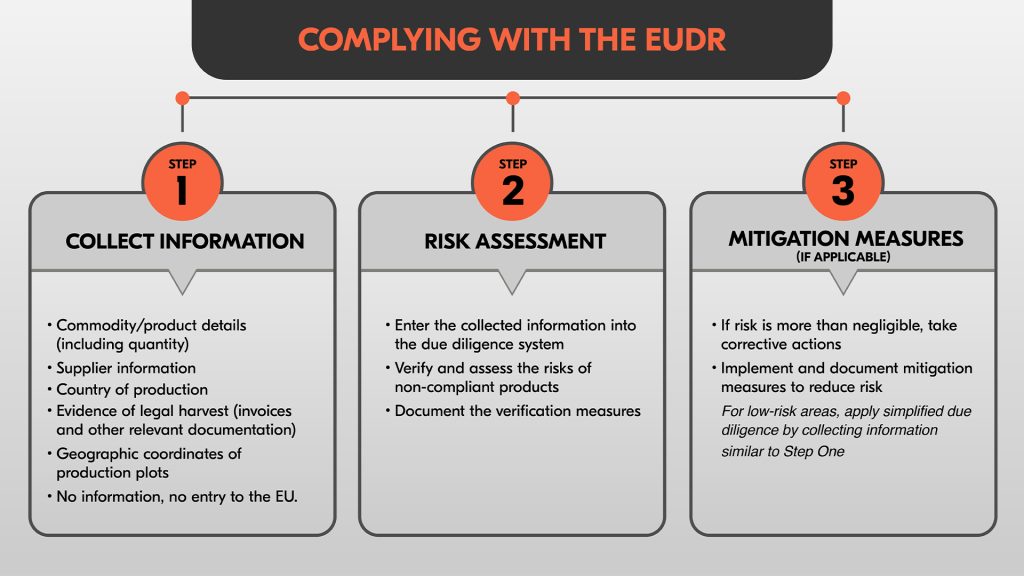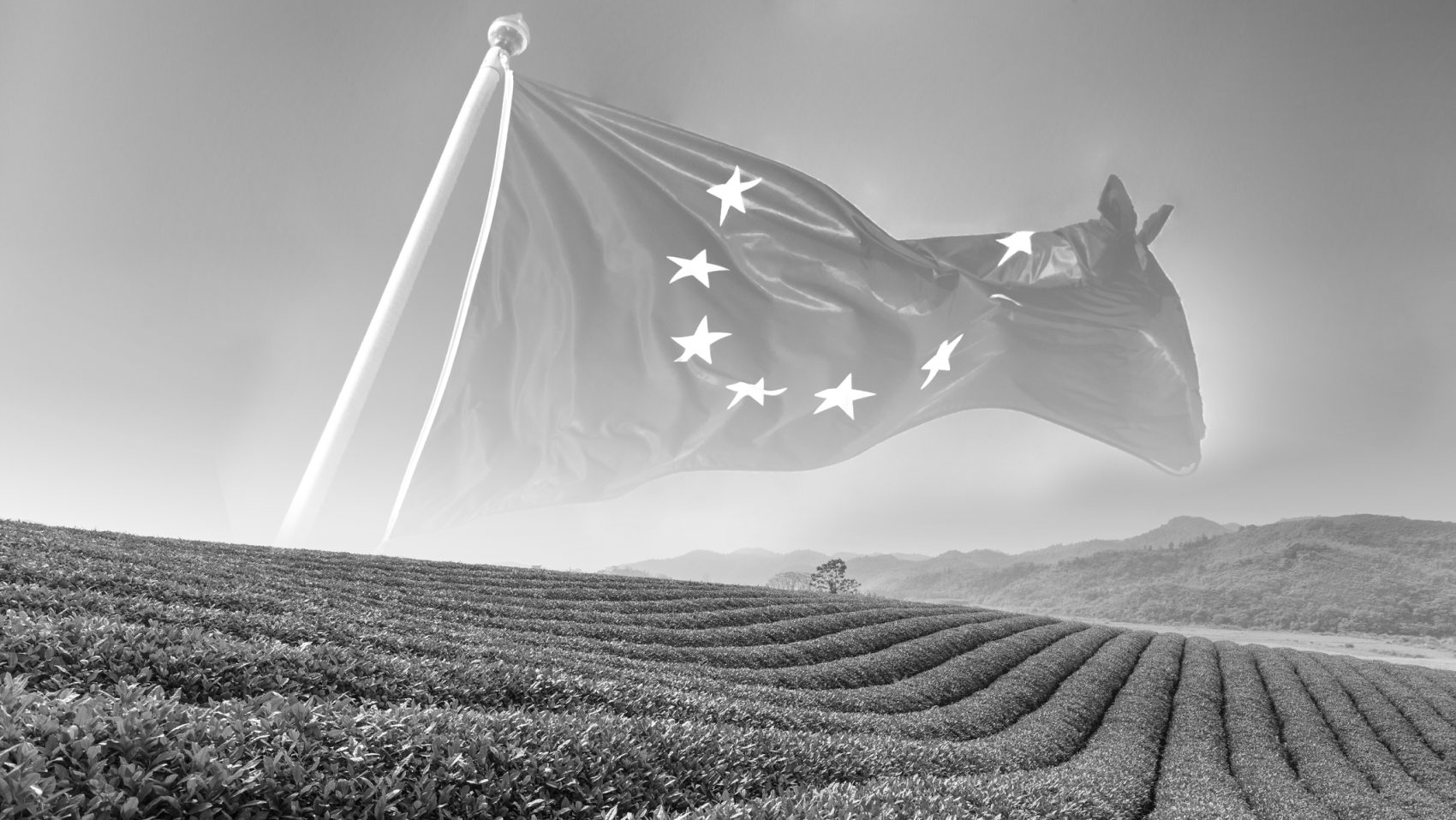EUDR: What is the regulation, and how can importers comply?
DISCLAIMER: This post was last modified on 17 June 2024. Some information in this article may not be updated.
The Regulation on Deforestation Free Products (EUDR) will start to apply by 30 December 2024. The regulation, a measure to fight global deforestation, requires businesses that import certain goods and products to the EU to be more transparent in their processes and supply chains.
EUDR: An overview
According to the EU: “By promoting the consumption of ‘deforestation-free’ products and reducing the EU’s impact on global deforestation and forest degradation, the new Regulation (EU) 2023/1115 on deforestation-free products is expected to bring down greenhouse gas emissions and biodiversity loss.”
Part of the regulation reads:
“The Union imported and consumed one-third of the globally traded agricultural products associated with deforestation between 1990 and 2008. Over that period, Union consumption was responsible for 10 % of worldwide deforestation associated with the production of goods or the provision of services. […] The Union should therefore take action to minimise global deforestation and forest degradation driven by its consumption of certain commodities and products and thereby seek to reduce its contribution to greenhouse gas emissions […]”
The EUDR repeals the EU Timber Regulation, which prohibits the entry of illegally harvested timber and timber products into the region. Under the EUDR, traders, operators and importers must be able to prove that the products they bring into the EU are not sourced from areas that have been deforested or contributed to forest degradation.
The EUDR covers the following:
- Cattle
- Wood
- Soy
- Palm oil
- Coffee
- Rubber
- Paper
- Beef
- Charcoal
- Leather
- Chocolate
- Tyres
- Furniture
- Other derived products
According to the EU, the production of these commodities may be linked to deforested agricultural lands. Member states maintain and publish their list and classification of raw materials and derived products that may be covered by the import ban.
Complying with the EUDR
Large importers and SMEs are not permitted to bring products to the EU if they originate from agricultural lands that have been deforested after 30 December 2020. Before the deadline on 30 December 2024, traders and operators of such products must start declaring the components of their products to prove that they are not linked to deforested areas.
To comply with the regulations, traders and operators must have due diligence systems in place that comprise these elements: information requirements, risk assessment and risk mitigation measures. The due diligence measures, designed to provide access to information about the sources and suppliers of commodities and products being imported, are complemented by reporting obligations.
The image below shows a simplified timeline for the due diligence process.

The EU uses monitoring tools to access information on supply chains for businesses, public entities and consumers. It also tracks forest covers through maps and datasets.
Ensure compliance with Bolder Group
The deadline for EUDR compliance is fast approaching. The regulation requires traders, operators and importers to perform due diligence measures to meet the standards of the EU market.
We understand the complexity of the process and the time sensitivity of the matter. Our team of compliance professionals can help you navigate the process smoothly. Our comprehensive compliance solutions include information collection, risk assessment and reporting, so you can avoid any disruption to your business.
Contact our team for more information about EUDR and how we can simplify your compliance requirements.
An overview of this measure is also available here: New EUDR-obligations for importing products | Grant Thornton
Bolder Group does not provide financial, tax or legal advice, and the information contained herein is meant for general information purposes only. We strongly recommend that before acting on any of the information contained herein, readers should consult with their professional advisers. The Bolder Group accepts no liability for any errors or omissions in the information or the consequences resulting from any action taken by a reader based on the information provided herein.
Bolder Group refers to the global network of independent subsidiaries of Bolder Group Holding BV. Bolder Group Holding BV provides no client services. Such services are provided solely by the independent companies within the Bolder Group which are each legally distinct and separate entities and have no authority (actual, apparent, implied or otherwise) to obligate or bind Bolder Group Holding BV in any manner whatsoever. The operations of the Bolder Group are conducted independently and have no affiliation with third-party financial, tax or legal advisory firms or corporations.
